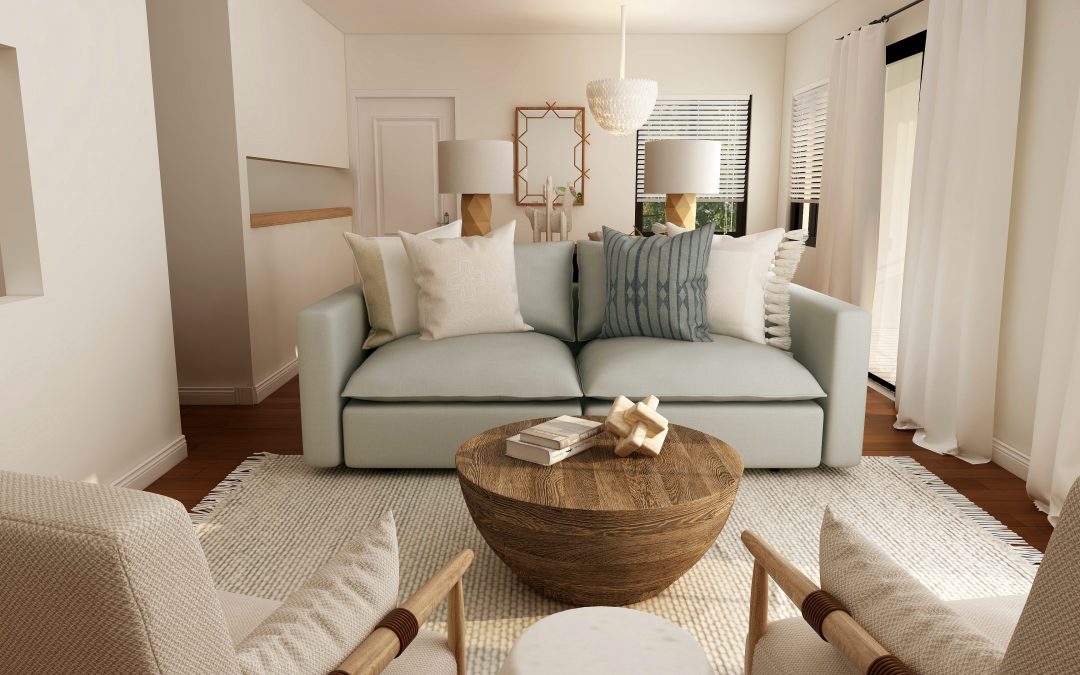After estimating how much a mortgage payment will be, many people stop there. However, it is essential to also consider the associated costs incurred during the home-buying process. While some costs are one-time fees, other costs are added to the mortgage payment or become monthly expenses. These costs will differ based on each buyer’s circumstances.
Upfront Costs
Upfront costs are only required once during the home-buying process. These costs typically include a down payment, closing costs, and sometimes reserves. Once these have been paid, the buyer will not need to pay them again.
A down payment is the cost most people associate with purchasing a home. The down payment is simply part of the home’s price that will not be financed and is paid before closing on a home. Different lenders require different down payment amounts, typically anywhere from 3.5% of a home’s purchase price to 20%.
Closing costs cover several fees needed for a mortgage. These are also required before closing and vary based on the preference of a lender and homebuyer. Closing costs include any application, credit check, and underwriting fees from lenders, and the costs for title checks, appraisals, and inspections. In some cases, buyers are able to waive some of these costs, like an appraisal, inspections, or title checks. However, it is not recommended as it may cost more in future damages. If these costs are unmanageable upfront, some lenders may allow them to be added to the mortgage payment with interest added.
Some lenders require reserves. Reserves are a set amount of money that will need to remain in your bank account throughout the home-buying process. Generally, this amount adds up to be around two mortgage payments. Having some extra cushion will guarantee lenders that funds are available to make monthly mortgage payments.
Recurring Costs
There are a number of costs homebuyers will incur on a monthly or annual basis when they purchase a home. Taxes, insurance, repairs, and fees are all recurring and required for all homeowners.
Property taxes are put in place by your local government and are a percentage of your home’s assessed value. These taxes are often added to your monthly mortgage payment amount in addition to the mortgage amount. It is important to note that this number differs for everyone and is calculated based on the home’s appraised value rather than the purchase price.
There are two different types of insurance homebuyers will encounter: Homeowners insurance and Private Mortgage Insurance (PMI). Homeowners insurance financially covers any unexpected damages to your home, like weather-related damages. PMI is insurance that is required when a down payment is less than 20% of a home’s purchase price. It protects lenders in the case that a homebuyer stops making payments and defaults on their loan. In most cases, after a certain amount of the loan is paid off, PMI can be removed.
Utility fees and everyday repair costs should be considered when purchasing a home. Utilities should be budgeted when considering how much home you can afford. While these costs will vary from month to month, you should be able to estimate how much they will cost. While repair costs are more unexpected, it is wise to account for them over time. It is recommended that homeowners budget about 1% of their home’s value each year for necessary updates and repairs. Having an emergency fund can help pad these costs so you can be ready and prepared.
HOA fees are only required for homebuyers in specific neighborhoods with a Homeowners Association. These are a set amount of fees paid monthly or annually that help to manage shared neighborhood costs, especially in communities with a variety of amenities and shared spaces.
When purchasing a home, make sure to talk with your lender about which costs will apply to you and how to best budget. At Coastal Custom Mortgage, our team of experienced lenders is here to guide homebuyers through the home-buying process before, during, and after closing. Give us a call to start your home-buying journey today!
